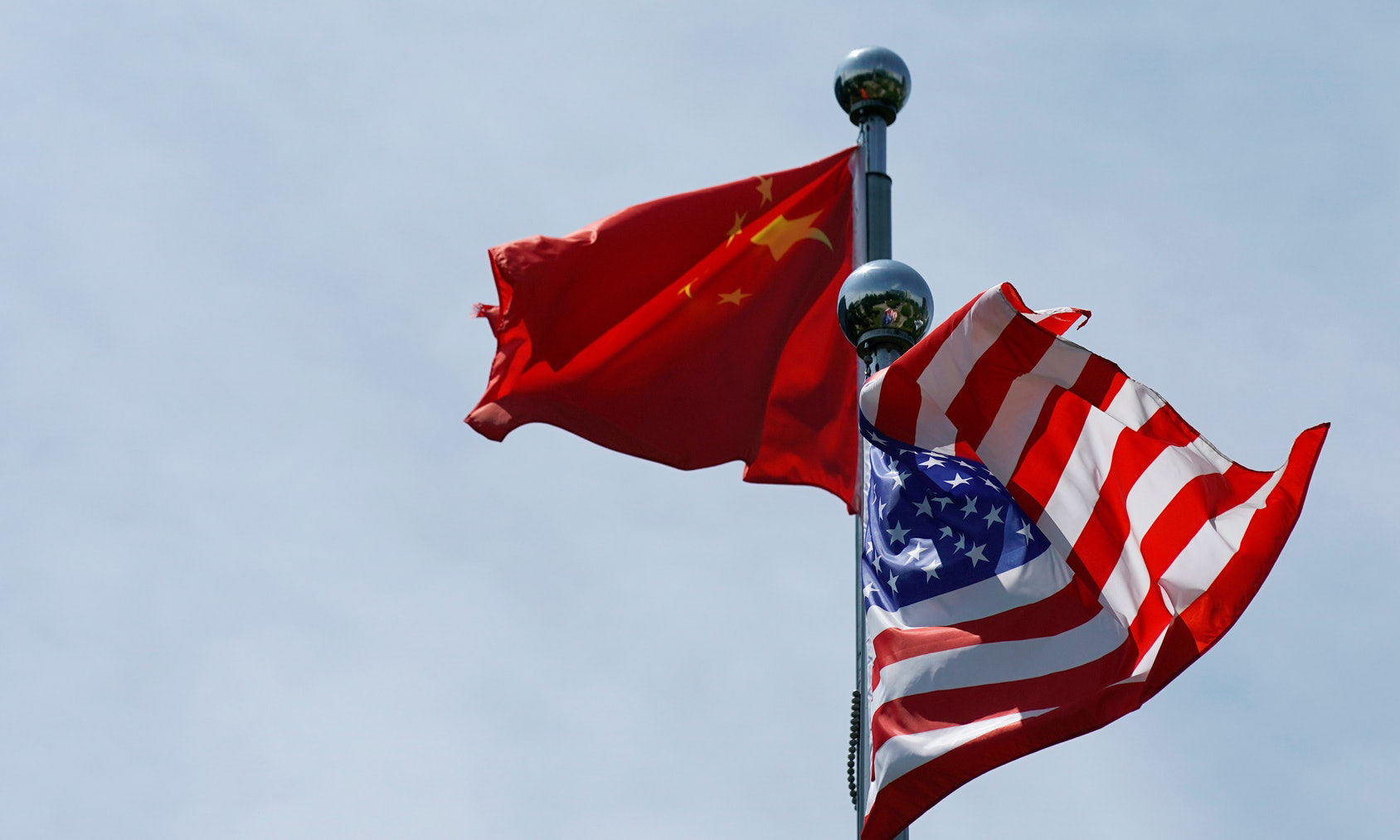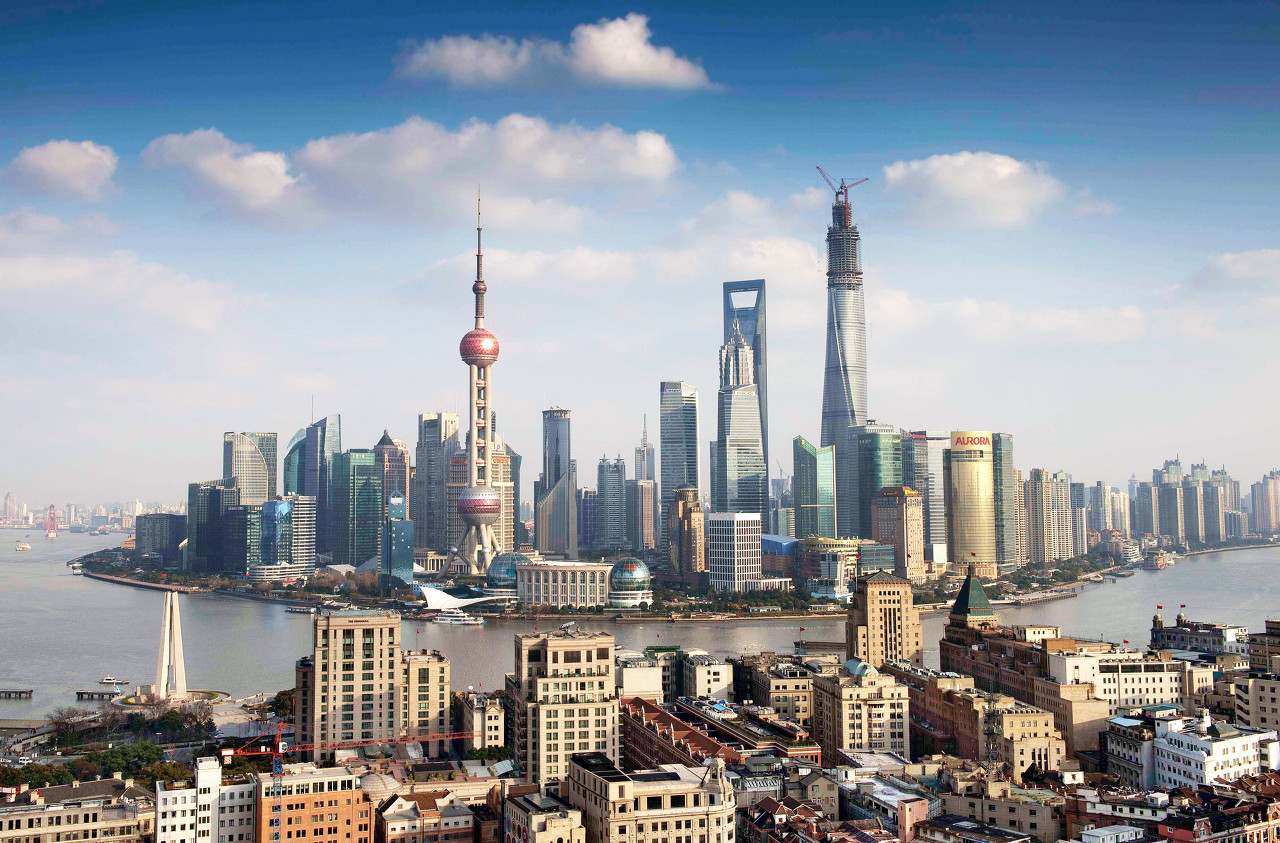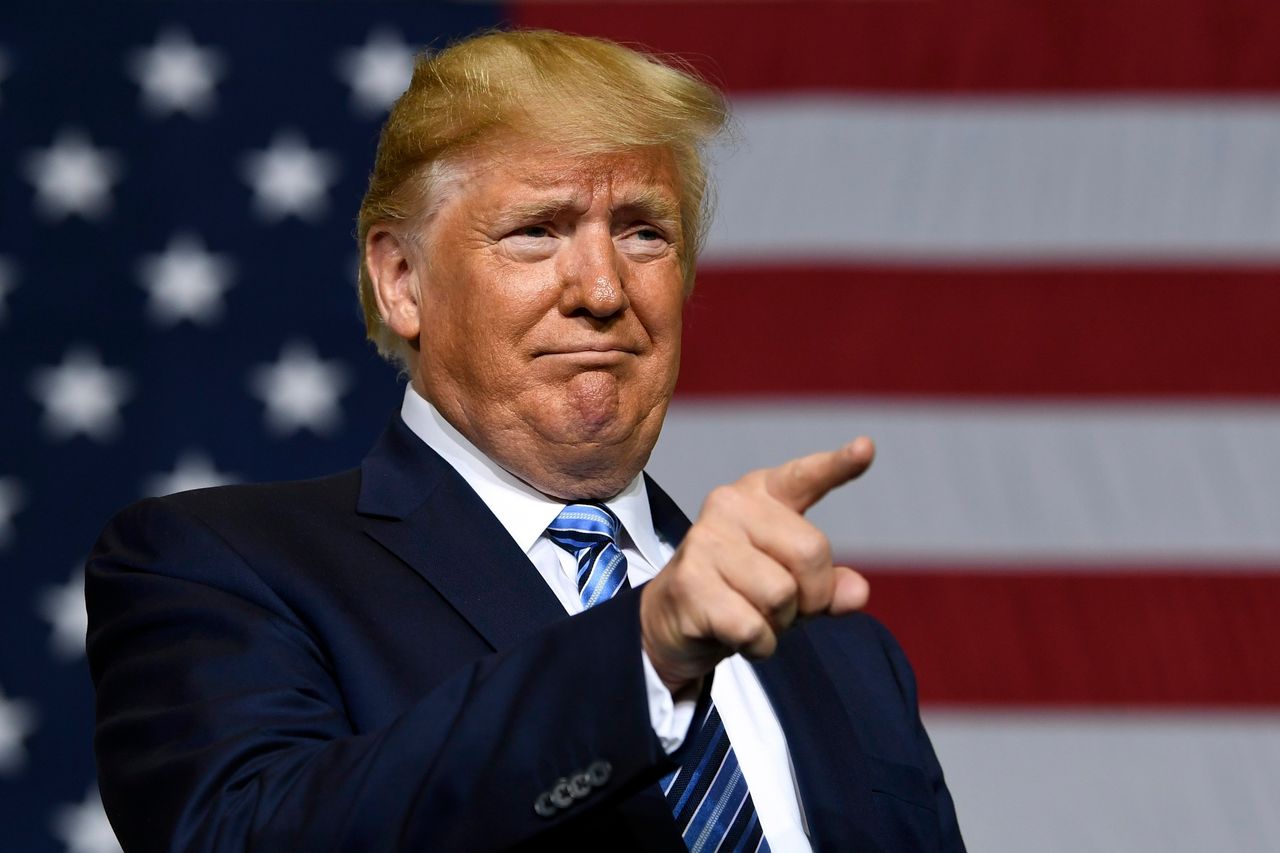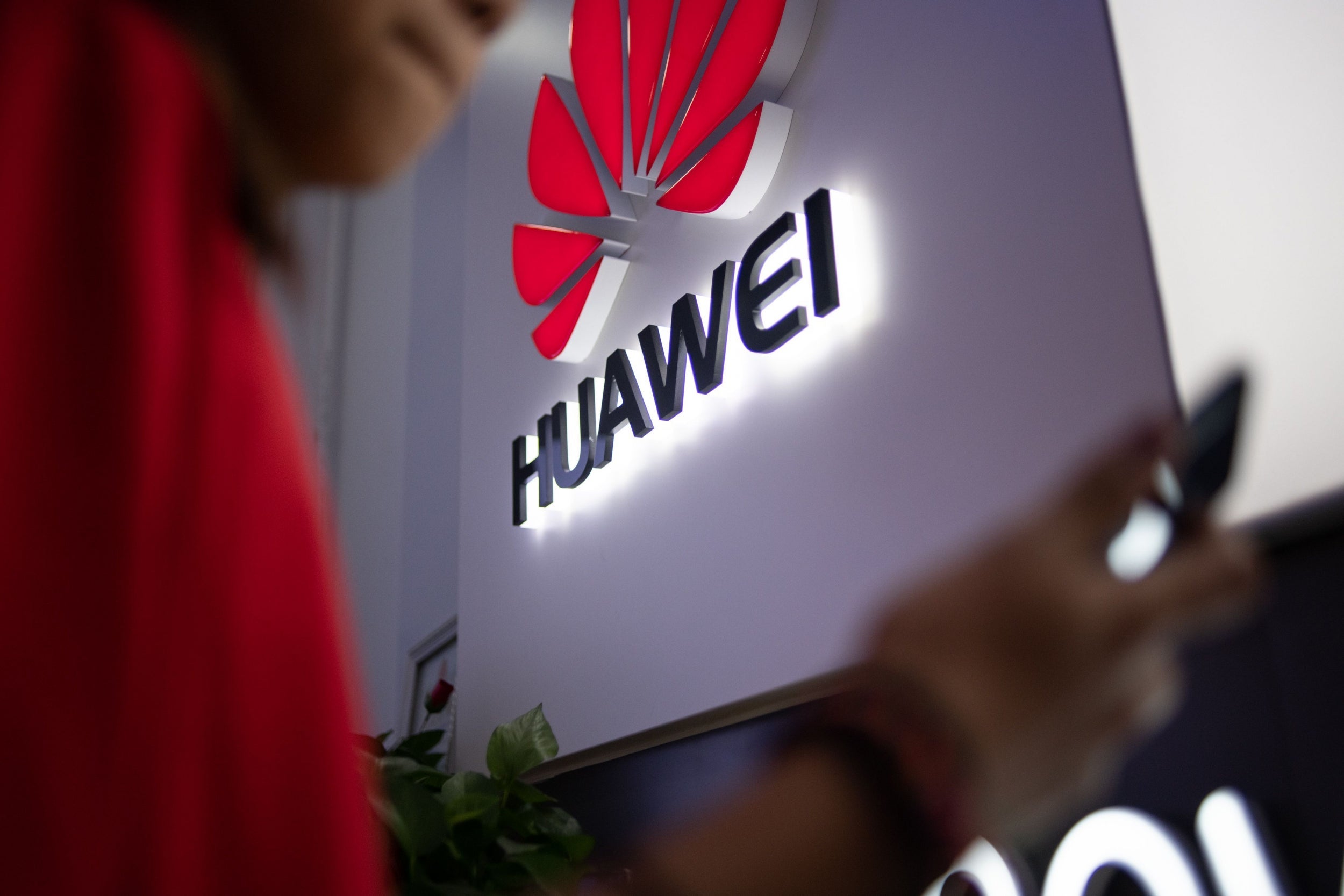
Why China-U.S. Trade War Fails to Weaken Foreign Investors’ Confidence in China?
Despite the fierce trade war the United States is waging against China, foreign investors maintained their investments in China, and even increased these investments and made new investments.
Foreign direct investment (FDI), a key yardstick to measure an economy’s potential, rose in China in the first seven months with improved quality, thanks to China’s dedication to further opening-up.
Despite the fierce trade war the United States is waging against China, FDI into China expanded 7.3 percent year on year to 533.14 billion yuan (US$78.8 billion) in the January-July period as China’s Ministry of Commerce (MOC) announced on August 13.
Usually, when the U.S. imposes trade sanctions on a country, there is an escape of foreign investment from that country for fear of economic collapse or recession in that country.
However, this did not happen in the case of the China-U.S. trade war.
In fact, the opposite happened, which is unprecedented and unique. Foreign investors maintained their investments in China, and even increased these investments and made new investments. This confidence in the Chinese economy has many reasons.
China’s Policy in Response to U.S. Provocations
On the Chinese side, China has pursued a quiet policy in response to U.S. provocations. Even when President Trump imposed tariffs on Chinese goods, China did not resort to imposing tariffs on American goods at the same value as the U.S. In fact, the value of its tariffs are much lower.
China has always welcomed dialogue and participation in negotiations to resolve the trade dispute with the U.S. However, the U.S. side has always maintained that China must accept all U.S. terms and demands first. Furthermore, the United States raised the imposed tariffs, which made the negotiations unequal and contain many terms, rather than negotiation, which China rejected, since it violates the sovereignty of the Chinese decision, as well as the interests of the Chinese people.
The Chinese government did not differentiate among foreign companies, or even between U.S. and Chinese companies, and did not target any foreign company with retaliatory or punitive measures. Instead, China has provided incentive policies for these companies.
China has taken great and serious steps to open its markets for import of foreign goods, including the China International Import Expo in 2018. China has also introduced a new foreign investment law to meet the goals of all-round opening-up and full opportunity for foreign investment on an equal footing with Chinese investors.
China has expanded its support to investors by lowering taxes, providing soft loans and improving the business environment. The World Bank announced in its 2019 Business Environment Report that China progressed from the 78th place in 2018 to the 46th place in the present year, representing a tremendous progress in improving the business environment.
China has also opened new sectors for foreign investment, and simplified and facilitated government procedures. Furthermore, China has set up specialized courts on intellectual property cases for quick adjudication.
U.S. Is Shown as a Strong Country by Exploiting Other Countries
On the U.S. side, President Trump has been unable to open new markets for his country’s products. On the contrary, the trade war policy has led to heavy losses for U.S. producers, especially agricultural products and pork. The U.S. president only paid compensation to the farmers, instead of finding real demand, such as China, which he could not achieve.
The U.S. president deliberately fought Chinese companies, especially technology companies, such as Huawei, which made foreign investors inside U.S. fear that the same unfair treatment would hit them one day. The U.S. companies that supported President Trump in his trade war also found that they had achieved nothing. On the contrary, they suffered losses, such as Google and Apple. Apple fell to the fourth in the world in terms of sales volume, while in the past, it was the first in the world.
On the U.S. growth levels, the latest results indicated that growth rates fell to 2.1% in the second quarter from 3.1% in the first quarter, with great prospects for the U.S. economy to enter a recession or deflation. This would have a significant impact on jobs, causing millions of U.S. citizens to lose their jobs as a result of this trade war.
President Trump is using slogans, such as “America First” and “Make America Great Again”, and all populist slogans, which are intended to provoke the American people and assemble them in support of their hostile policies toward other countries. In his policies, the U.S. president relies in trying to consequently weaken and exploit other countries, mirroring the United States as a strong country, because everyone has become weak. This is a policy of loss for all.
Why Investors Prefer to Invest in China?
It is curious that at the same time as the U.S. president is fighting Chinese technology companies, most of China’s upcoming investment is heavily oriented to the technology sector, which is over 60 percent. This gives the impression that foreign companies are confident that China will become a global technological power in the near future.
Investor confidence in the economy does not come from igniting trade wars or winning a deal here or there, but comes as a result of consistent and well-defined market-based policies. This is linked to the good international relations and equal investment environment that enable these companies to reach markets and achieve their goals easily.
Investors now see how China has the Belt and Road Initiative to connect the world economically and commercially, while President Trump has a unilateral initiative to disperse the world and destabilize global markets and institutions. Therefore, many investors prefer to invest in China.
Editor: Cai Hairuo
 Facebook
Facebook
 Twitter
Twitter
 Linkedin
Linkedin
 Google +
Google +














